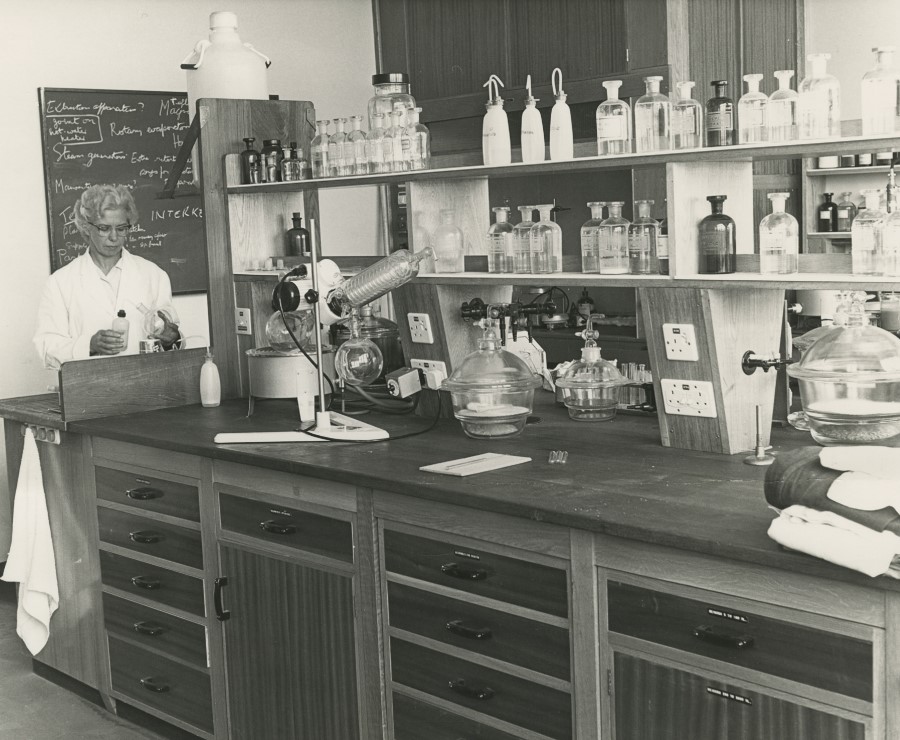Links to external sources may no longer work as intended. The content may not represent the latest thinking in this area or the Society’s current position on the topic.
Defining science through history

Our understandings of science are ever-changing, defined as much by our times as by the individual stories of scientists who contribute to it.
Professor Simon Schaffer, Professor of History of Science at the University of Cambridge and a Fellow of the British Academy, has revolutionised the definition of science in history – showcasing science and experimentation throughout the centuries not merely as accidental or a systematic testing of theories, but as a creative process firmly rooted in the gritty realities of everyday life.
From the history of machines and automata and how they have defined human thought throughout the ages, to the narratives of scientific instruments, glass prisms and optics, Schaffer in his four-decade career gets to the very heart of scientific experimentation and its social and political contexts.
In this ‘in-conversation’ style event, join Professor Schaffer and cultural historian Lubaaba Al-Azami for an evening of boundless conversation as they explore the very matter of science, and the uncharted territories where science, history, politics, and art meet.
This event is the Wilkins-Bernal-Medawar Medal and Lecture, which was awarded to Professor Simon Schaffer in 2019 for transforming understanding of the intellectual history of experimental science and his excellent communication of science in all media.
Attending this event
- The event will be livestreamed on the Royal Society YouTube channel on 26 November at 6pm GMT
- The event is free to join, and there is no registration required
- Live subtitles will be available
